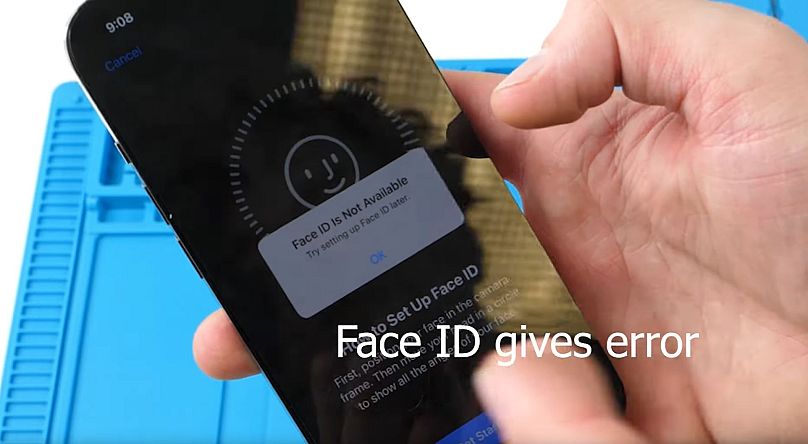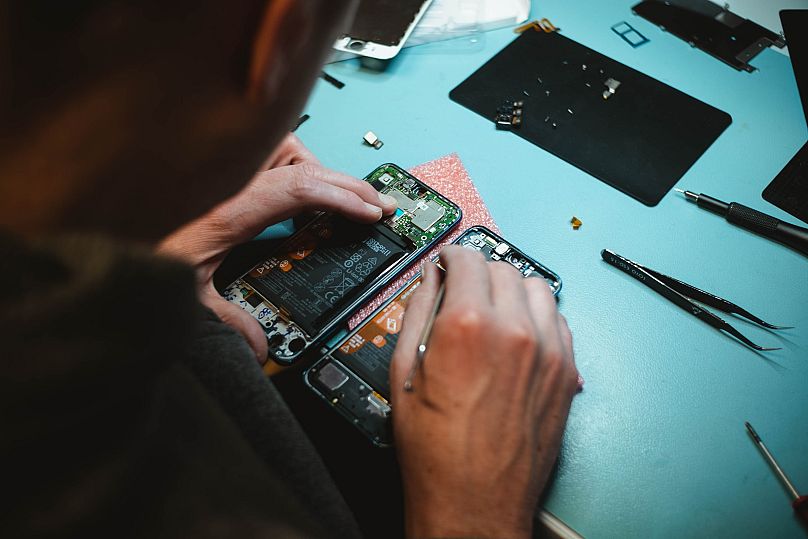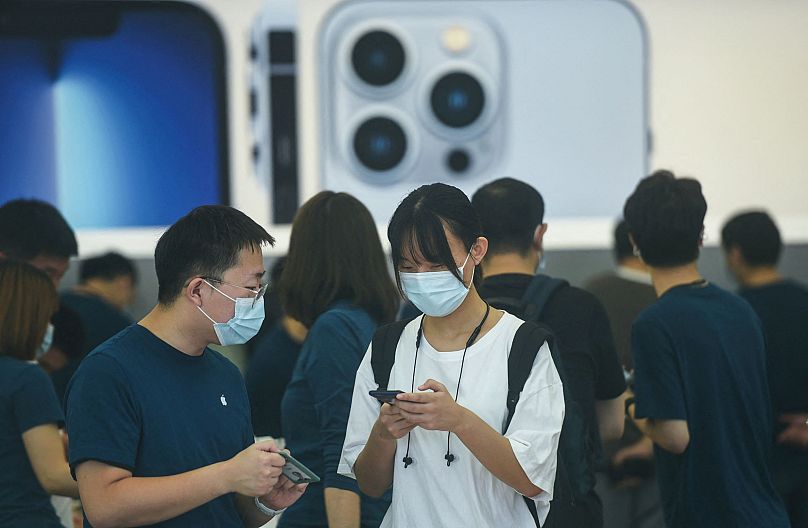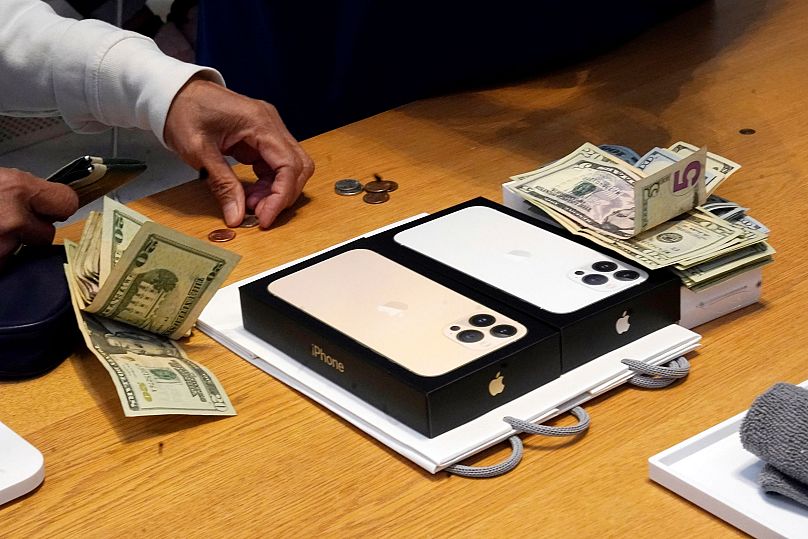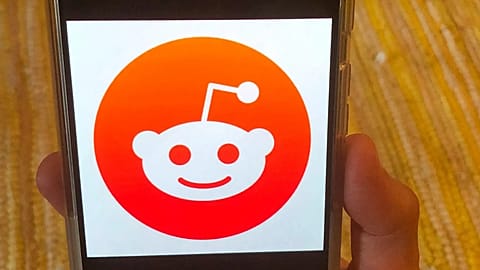A teardown of the new device found that Face ID stops working if anyone other than Apple replaces the screen, and it's all down to something called "part pairing".
If you've just bought a new iPhone 13, be careful not to drop it.
 ADVERTISEMENT
ADVERTISEMENT
 ADVERTISEMENT
ADVERTISEMENT
That may be stating the obvious, but a teardown of the new device has found it comes with a feature that could make screen repairs more expensive by forcing customers to send the phone back to Apple to be fixed.
YouTuber Phone Repair Guru found that replacing the screen on an iPhone 13 stops Apple's Face ID working. The security feature is used to unlock the phone and can also authenticate payments and stand in for passwords.
The discovery means that anyone with a broken iPhone 13 screen could be forced to send the phone to Apple for repair, potentially incurring a bill for over €300.
"It's bad. This is really, really bad. Basically any time you get a screen replacement, Face ID will be gone," the phone repair expert said in a video posted on Sunday.
Part pairing
What Phone Repair Guru encountered is a feature known as "part pairing," which is when manufacturers give individual components unique serial numbers and then use software to pair them together.
Splitting up the paired components - by repairing a device at home or via a third party - can then stop certain features, like Face ID, working.
Critics say part pairing is anti-competitive and helps generate electronic waste by making it more expensive to fix devices.
In Europe, Apple charges €311.10 for an out-of-warranty screen replacement for the iPhone 13.
"Manufacturers essentially use their power to take any repair-related decision away from the consumer," Ernestas Oldyrevas from environmental campaign network the Environmental Coalition on Standards (ECOS) told Euronews Next.
"This includes deciding on the parts that are used for repairs, their price, and whether the repair takes place at all or not. This is not only unjustified, but also goes entirely contrary to the principles of a circular economy where the use of reused and refurbished parts are to be promoted," he said.
Apple did not immediately respond to a Euronews Next request for comment.
Harder to repair
In July, campaigners pushing for a so-called "right to repair" law in Europe singled Apple out as the worst offender for part pairing, claiming that while in 2015 only two iPhone components were subject to the process, by 2020 that number had risen to nine.
Apple has previously defended the practice, saying it is necessary to maintain the integrity of a device's security features.
A 2019 study by German researchers found that manufacturers-imposed barriers to cheap and easy device repair could be having an impact on European consumers.
The researchers' survey of 1,000 people found that 59 per cent would simply buy a new smartphone when the old one broke. Just 11 per cent would choose to repair it.
Shareholder rebellion
Last year the US nonprofit Public Interest Research Group (US PIRG) found that Apple's own in-store repairs were limited to just four basic options, with the company recommending that customers facing other issues buy new devices.
"This is not only a very bad deal for the consumer, but is extremely alarming from the environmental point of view too given the environmental impacts associated to the production of new and disposal of used smartphones and other electronics," Oldyrevas said.
The company's position recently sparked criticism from Apple shareholder the Green Century Fund, which criticised its alleged efforts to lobby against right to repair legislation.
"Investors are extremely concerned about Apple’s disingenuous combination of promoting environmental sustainability while inhibiting product repair," Green Century president Leslie Samuelrich said in a statement announcing a shareholder proposal to improve the repairability of the company's devices.
“The company risks losing its reputation as a climate leader if it does not cease its anti-repair practices," Samuelrich added.
Right to repair
The revelation that the iPhone 13's design prevents independent or self-repair comes as campaigns to boost the repairability of mobile devices gain traction on both sides of the Atlantic.
In January this year, France introduced a new law forcing manufacturers to display a repairability score alongside their products, based on factors like ease of repair and availability of parts. The iPhone 13 scores 6.2 out of 10 on the French repairability scale.
In July, US president Joe Biden signed an executive order asking American competition authority the Federal Trade Commission (FTC) to crack down on "unfair anticompetitive restrictions on third-party repair or self-repair of items".
Environmental campaign group ECOS hopes that similar action could be taken to ban part pairing across the EU.
"The European Commission certainly does have the tools to stop this practice. If political will is there, it can do so both by means of competition tools, and by outlawing the practice altogether," ECOS' Oldyrevas told Euronews Next.
"We hope that the regulatory proposal on smartphones and tablets which is expected early next year will do precisely that".















